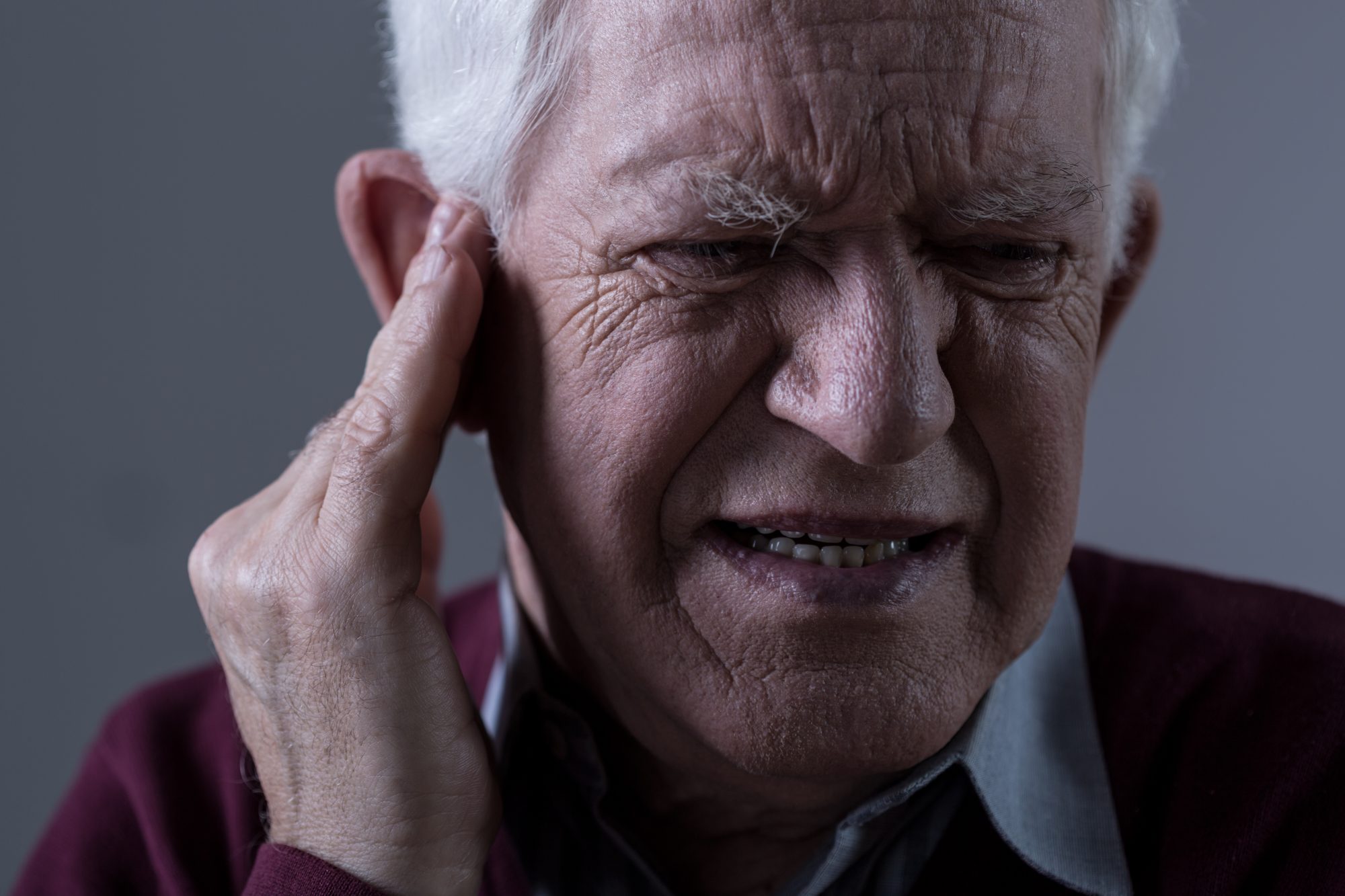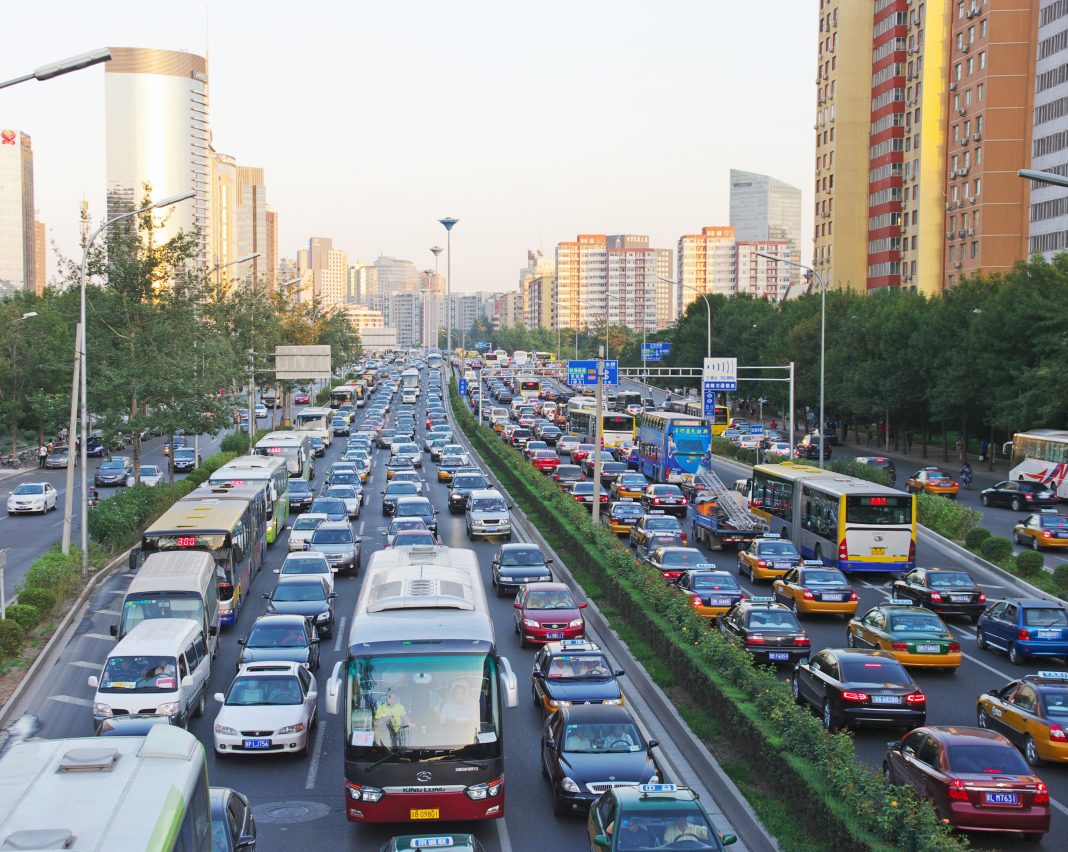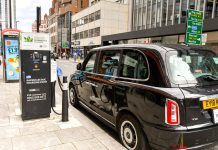Researchers from the University of Southern Denmark have found a correlation between traffic noise and the risk of developing tinnitus
University researchers have identified a vicious cycle: living near busy traffic increases stress levels, disrupts sleep, and, as a result, we are at higher risk of developing tinnitus.
This is because when we are under stress and sleep poorly, we are at a higher risk of developing tinnitus.
In a new study with data from 3.5 million Danes, researchers from the Department of Clinical Research and the Mærsk Mc-Kinney Møller Institute at the University of Southern Denmark (SDU) found that the more traffic noise Danish residents are exposed to in their homes, the more they are at risk of developing tinnitus.
What is tinnitus?
Tinnitus is annoying whistling tones in the ears, which can be constant and extremely disturbing; you can experience ringing or other noises in one or both of your ears. The noise a person hears when experiencing tinnitus isn’t caused by an external sound, and other people usually can’t hear it.
Tinnitus is a common problem affecting about 15% to 20% of people, with it being especially common in older adults.
First research to identify a link between traffic noise and tinnitus
This will be the first time researchers have found a link between residential traffic noise exposure and hearing-related outcomes.
Manuella Lech Cantuaria, PhD., Assistant Professor at the Mærsk Mc-Kinney-Møller Institute and affiliated with the Department of Clinical Research at SDU, discusses the data. They found more than 40,000 cases of tinnitus. Shockingly, they can see that for every ten decibels more noise in people’s homes, the risk of developing tinnitus increases by 6%.
Manuella and colleague Jesper Hvass Schmidt, Associate Professor at the Department of Clinical Research and Chief Physician at Odense University Hospital (OUH), are concerned about the many health problems that traffic noise seems to cause. It was only in 2021 that they found a correlation between traffic noise and dementia.
There is a need for more focus on the importance of traffic noise for health. Jesper Hvass Schmidt adds that traffic noise increases the risk of:
- Tinnitus
- Cardiovascular diseases
- Dementia
- Other diseases

Reported cases of tinnitus are only the tip of the iceberg
Jesper Hvass Schmidt works at a hearing clinic and believes that many more patients with tinnitus do not get diagnosed. Only the worst cases are actually referred by a doctor or an otorhinolaryngologist. The problem is, therefore, much larger.
In general, about 10% of the population experience tinnitus from time to time. It is associated with stress and poor sleep, which can be worsened by traffic noise, and here we have a potential cycle.
More studies are needed so that researchers can be sure that traffic noise causes tinnitus and how this happens.
Traffic noises at night are worse for health
In fact, the researchers believe that noise at night time can be even worse for health
This can be explained by the way it affects our sleep, which is so important for restoring both our physical and mental health. Therefore, it is worth considering whether you can do something to improve your sleep if you live next to a busy road, Manuella Lech Cantuaria says.
What to do if you live near a busy road?
In the study, higher associations were found when noise was measured at the quiet side of their houses. This is the side of the house side facing away from the road.
Wherever possible, researchers advise that people have their bed on the quietest side of the road. Another method of reducing noise in your home is installing soundproof windows. But the researchers are quick to admit that not everyone has those options.
Necessary that traffic noise is considered a health risk
It is, therefore, necessary that traffic noise is considered a health risk that must be taken into account in urban planning and political decisions, demands Manuella Lech Cantuaria.
How else can traffic noise affect our health?
The Danish guidance level for harmful traffic noise is 58 decibels. However, shockingly, it is estimated that as many as 1.4 million Danes are exposed to noise over 58 decibels in their homes.
Some argue that electric cars are significantly less nosy than fuel cars and will therefore reduce traffic noise. This is a myth. This is because, regardless of the type of car, the noise is generated by the contact between the tires and the road.
To try and tackle the sleep disturbance of those that live near roads, Germany has lowered speed limits in some areas at night. Another way to reduce traffic noise is by placing noise barriers along the road or changing the road surface to one that dampens the tire noise.











